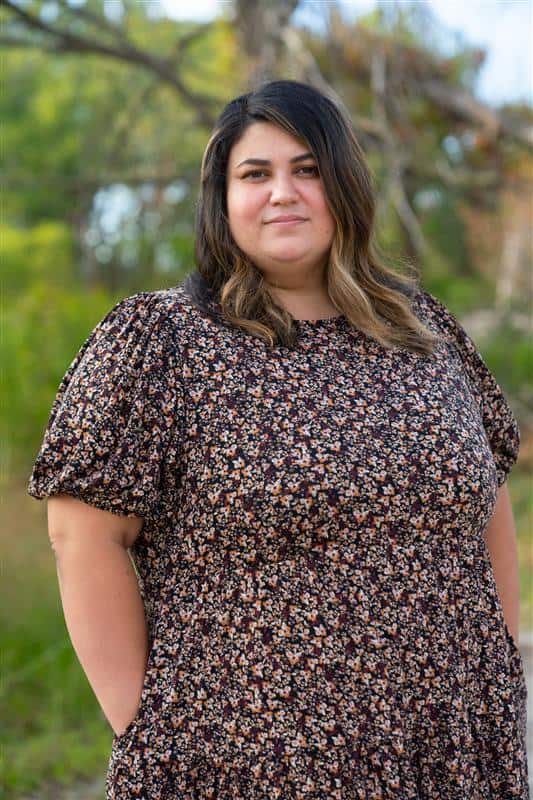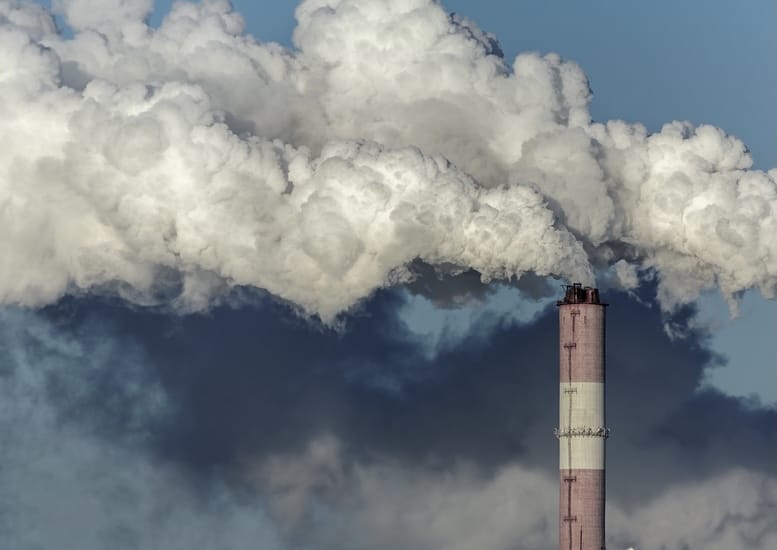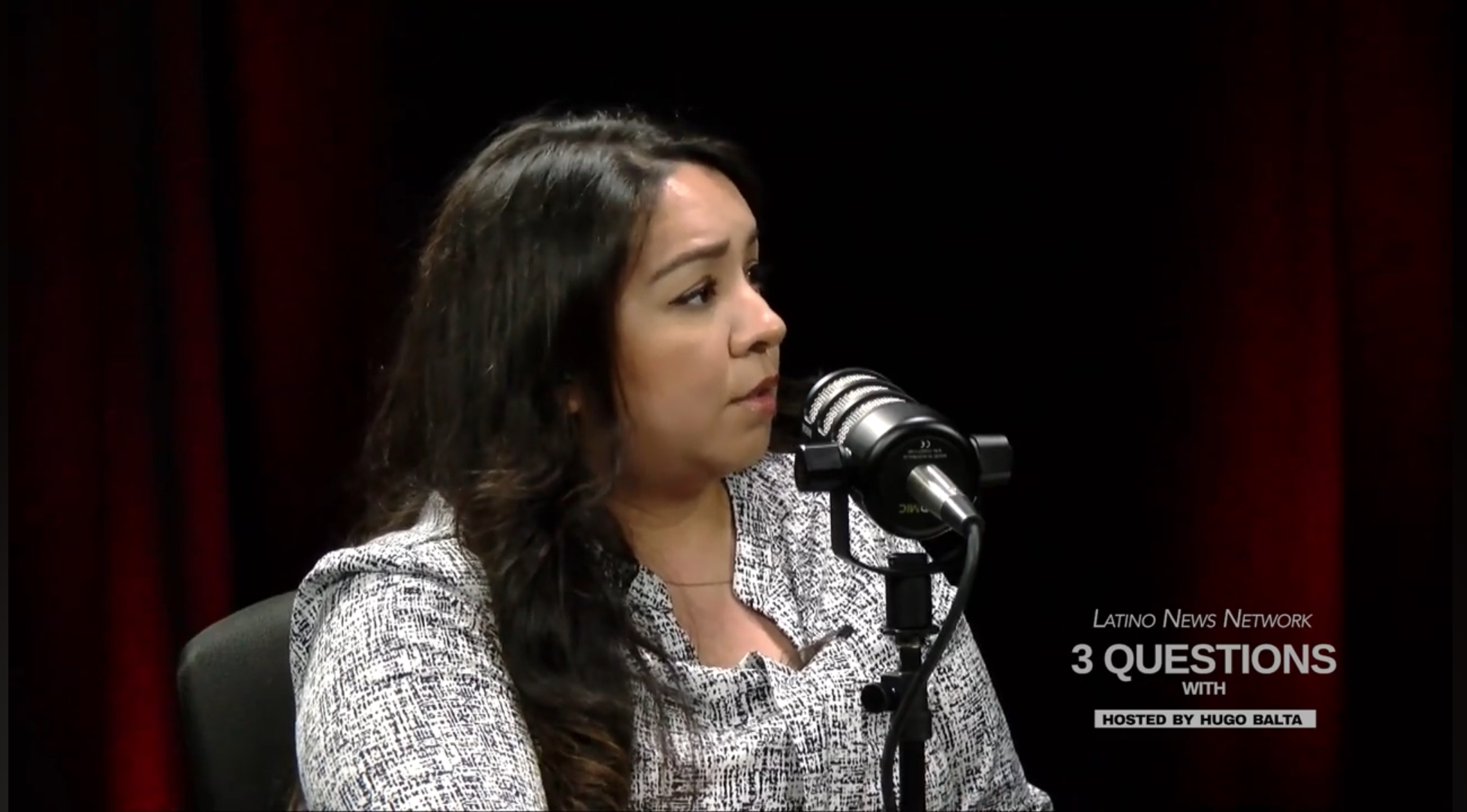Environmental injustices in Chicago stem directly from racism and harm the health of communities of color. Every day I see how segregation in my city creates a sacrifice zone out of my community while factories and other industrial facilities continue to make profits, all at the expense of our health.
My grandparents came to the Southeast Side of Chicago from Mexico, and to this day our neighborhood is still largely Mexican and continues to struggle with the toxic legacy that has haunted our community for decades. A new generation of activists are now demanding policies that undo the segregation and buildup of the polluting industry in Chicago’s Latino and Black communities.
There is a concentration of industrial facilities that pollute our air, land and water in communities like mine. In other parts of Chicago, there are lots more investments in businesses and institutions that do not pollute and pose health risks, yet in Latino and Black communities, that is not always the case.
Communities of color are the only ones in Chicago that have to make the choice of between living with the consequences of polluting industries and economic prosperity.
There’s a big difference in the development plans that the city makes for communities in the South and West Sides than those in the North Side and the health outcomes between those areas are also stark.
For example, not only was the health of the people of La Villita affected by the botched implosion of the Crawford tower that covered the entire community in toxic dust, but the community suffers daily from the air pollution that comes from the trucks that pass every minute when they arrive and leave the new warehouse located in the old Crawford site.
One polluter closes and another takes its place in communities of color while wealthier and whiter neighborhoods see very different developments happening with old industrial sites.
The problem has become so serious that President Biden’s top environmental official has become involved in the environmental injustices happening in Chicago. The Department of Housing and Urban Development (HUD) is investigating a civil rights complaint that my community filed.
When it comes to environmental justice, city officials can certainly talk the talk, but after half a century of the same racist policies that result in environmental injustices, the city is still not committed to walking the walk.
Last year, the Chicago Department of Public Health (CDPH) released its Healthy Chicago 2025 improvement plan and its Health and Air Quality Report, which were full of commitments to equity in the area
In the Healthy Chicago plan, CDPH envisioned a city where, “All people and all communities have power, are free from oppression and are strengthened by equitable access to resources, environments and opportunities that promote optimal health and well-being.”
While describing the intention to oppose structural racism and promote and defend anti-racist policies and leaders, the plan also promises that “communities disproportionately burdened by pollution” can look forward to a future “ideal state” where they can “breathe clean air free of harmful pollutants.”
The City’s Air Quality and Health Report notes that the Southeast side is one of those communities that “should be prioritized in efforts to mitigate and reduce air pollution.”
We have become used to seeing plans and commitments that can be full of hollow words because they often do not materialize into action. We have heard enough from officials who say they want a better future for us while ignoring the pollution that is concentrated in our communities. We don’t want to see more health equity plans or hear about the city’s commitment to opposing structural racism until we see it in our everyday lives.
When my community fought to stop the relocation of General Iron, a metal recycling plant notorious for its numerous violations and countless community complaints, the city put the permit for the company on hold to do an environmental justice assessment but continue to drag their feet and keep the community at arm’s length when making decisions that affect our lives.
We need laws and regulations that protect our health, and we need economic investments in our communities that do not harm us. The mayor and city government pledged to do what is necessary, now we need action.
Publisher’s Note: Do you have something to say? We’re interested. Submit ideas for Opinion-Editorial essays and/or finished work to Info@LatinoNewsNetwork.com

Gina Ramirez, Midwest is the outreach manager for the Natural Resources Defense Council (NRDC).
Gina Ramirez works to further sustainable land use and zoning rules that can provide crucial protections to areas of Chicago, like the Southeast Side, that are burdened with cumulative industrial pollution. Ramirez is an active member of the Coalition to Ban Petcoke and the Southeast Environmental Taskforce. She has a MA focused in sociology from Roosevelt University and BA in communications from DePaul University.




